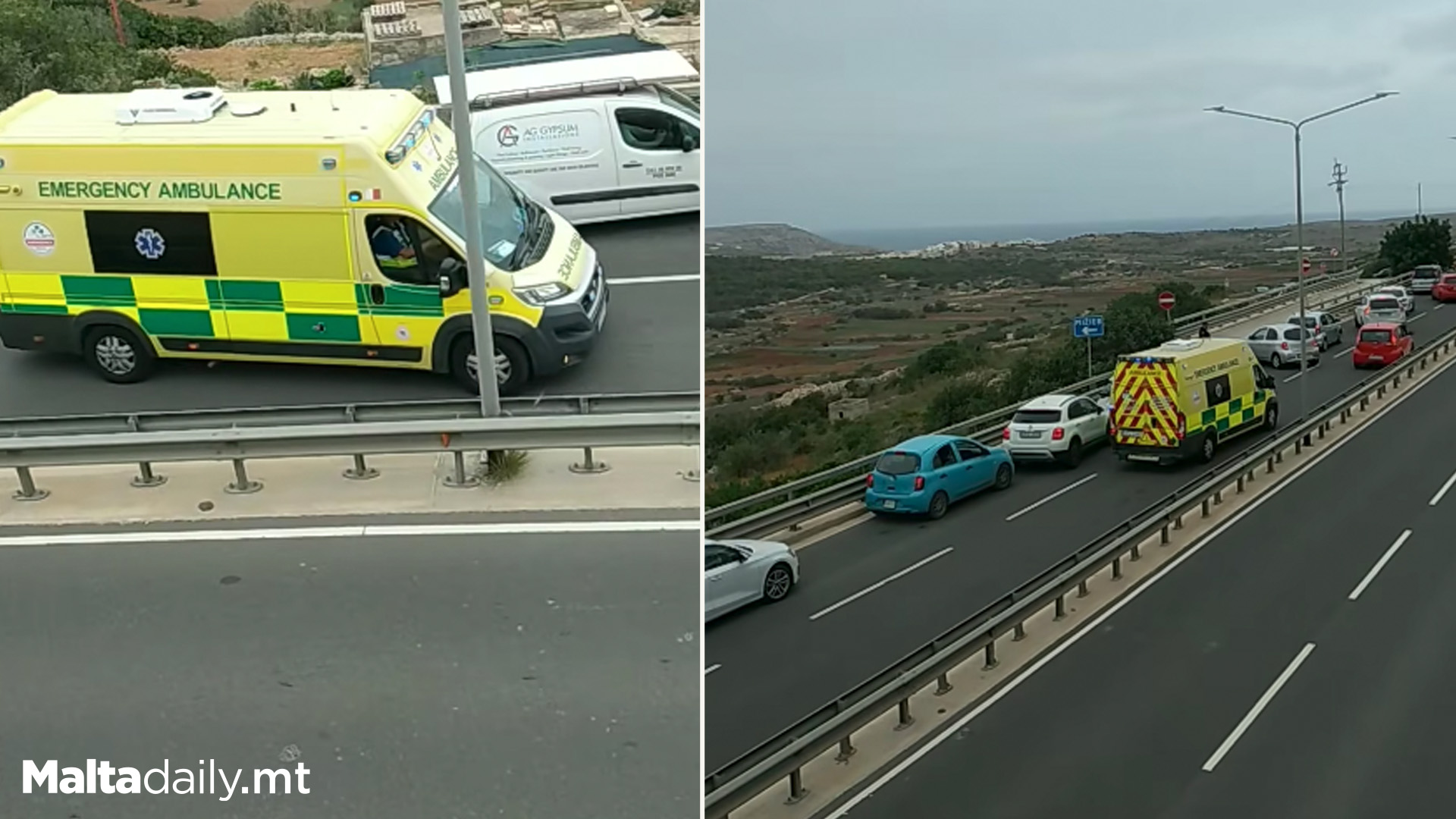
Last Tuesday marked a significant milestone in Malta’s financial literacy journey with the successful launch of the inaugural Financial Capability Conference, organised by the JA Malta Foundation. The event brought together a wide array of educators, policymakers, industry professionals, and the general public for a full day of discussions, knowledge sharing, and collaboration aimed at advancing financial education in Malta.
A key highlight of the conference was the announcement of the Centre of Excellence—a dedicated hub designed to support schools in delivering financial education, supported by the HSBC Malta Foundation and the Ministry for Education, Sport, Youth, Research and Innovation . This initiative will provide measurable, long-term support through accredited training for teachers, financial rewards for schools, and certification for institutions as Financial Education Centres. The Centre aims to enhance the effectiveness of financial education in schools and beyond, equipping the next generation with the necessary skills to navigate an increasingly complex financial landscape.
Additionally, the Financial Capability Awards were introduced to celebrate innovative ideas and contributions to financial literacy. These awards will recognise achievements in fintech, community projects, and written works that promote financial capability, with submissions invited from individuals, NGOs, and for-profit organisations alike.
During the conference, findings from the OECD/INFE 2023 International Survey of Adult Financial Literacy were discussed, revealing that Malta scored 59 out of 100 in financial knowledge. Notably, 85% of JA alumni reported increased confidence in managing their personal finances as a direct result of participation in JA Malta’s Financial Capability Programmes. Furthermore, an impressive 30% of JA alumni are business owners—significantly higher than the 9% business ownership rate in the general public.
Dr. Susan Hayes Culleton, known as the “Positive Economist,” delivered an impactful keynote address emphasising the crucial role of financial education in bolstering a country’s economy. She highlighted that over 52% of Gen Z rely on platforms like TikTok for financial advice and warned of the growing trend of individuals living paycheck to paycheck. Dr. Hayes Culleton also discussed the impending intergenerational wealth transfer, with £7 trillion set to shift between generations in the UK by 2050. She stressed that while financial literacy is important, sound financial decision-making requires a more holistic approach that integrates practical skills, behavioural awareness, and adaptability.
Panel discussions throughout the day focused on the broader importance of financial well-being at a national level. Speakers underscored that fostering financial literacy requires a coordinated national strategy that caters to both students and adults. They also highlighted the need to integrate financial literacy into the school curriculum to provide students with the necessary tools to make informed financial decisions as they enter adulthood.
Key insights were drawn from the PISA 2022 Financial Literacy Assessment, which evaluated the financial literacy of nearly 100,000 students across 20 countries. The results revealed a significant gap between socio-economically advantaged and disadvantaged students, with advantaged students scoring 87 points higher on average. The findings highlighted the urgent need for targeted interventions to ensure equitable access to financial education for all students.
Petra Ellul Mercer, JA Malta’s Financial Literacy Project Developer, presented pivotal research aimed at understanding teachers’ experiences in delivering financial education. Her findings indicated that while many teachers see financial education as critical, over half face significant barriers such as time constraints and a lack of access to training. The research emphasised the need for a collaborative approach to overcome these challenges, particularly in schools located in disadvantaged areas.
Reflecting on the event, it is clear that Malta is at a pivotal moment in its financial literacy journey. The insights shared by speakers, panellists, and participants reinforce a shared commitment to equipping individuals with the knowledge and skills required to thrive in today’s dynamic financial landscape.
The JA Malta Foundation extends its heartfelt gratitude to all the speakers and panellists for their invaluable contributions, including Hon. Clifton Grima, Hon. Jerome Caruana Cilia, Angela Charles, Matej Farrugia, Ivan Gaffiero, Geraldine Spiteri Lucas, Jude Zammit, Kenneth Farrugia, Sarah Pulis Pier Massa, Kenneth Genovese, Carmine Di Noia, David Spiteri Gingell, and Dr. Susan Hayes Culleton.
Special thanks to our partners for their support: HSBC Malta Foundation, The Ministry for Education, Sport, Youth, Research and Innovation, APS Bank, BOV, Finance Malta, Malta Business Registry, and MeDirect.
Together, we are committed to building a financially capable society that is prepared to meet the challenges of the future.
#MaltaDaily











